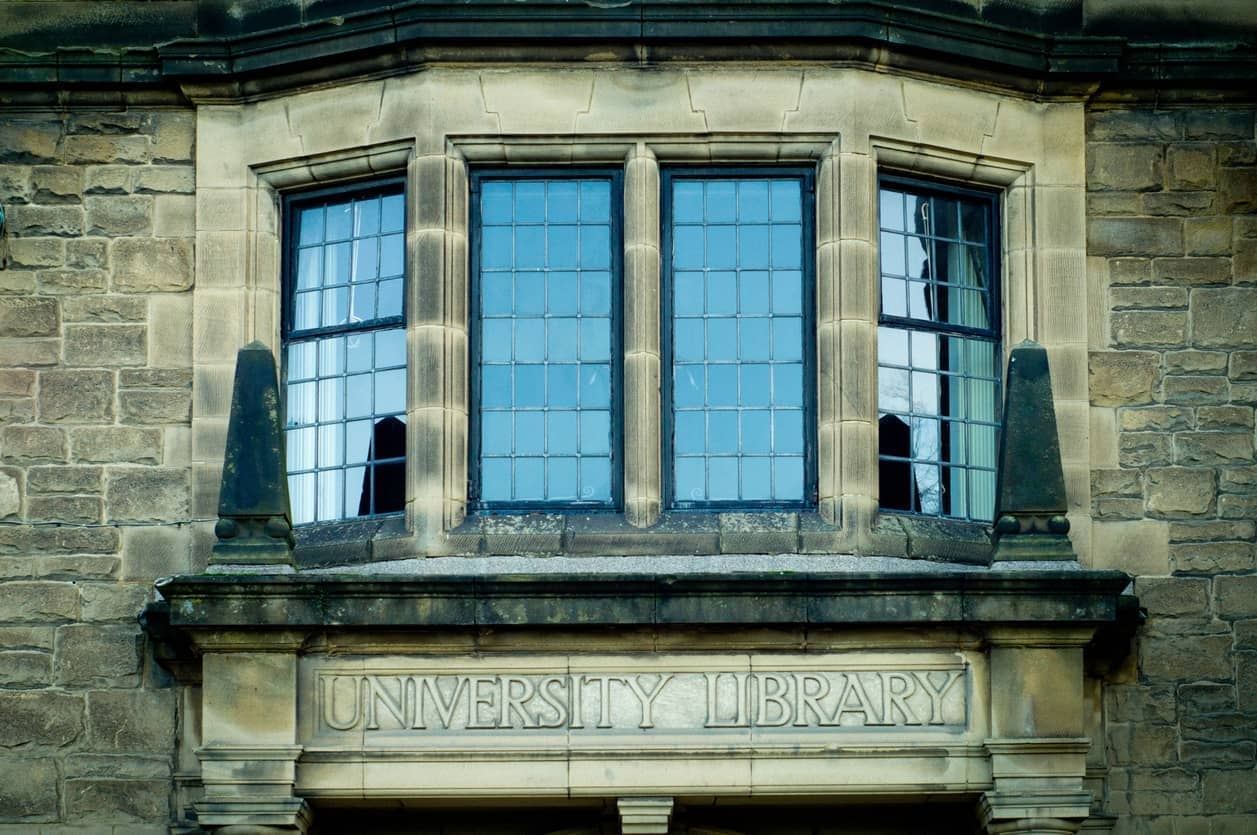As a first year university student from a disadvantaged background, I know all too well the constant struggle students can face to make ends meet. Before starting my studies at Durham, I worked three jobs to keep food in my mouth and clothes on my back while in full-time education. Living in group homes and emergency accommodation, I saw those around me searching desperately for any way to earn a living, even if it meant endangering their health and their lives.
So it was both surprising and disturbing to find when I arrived at Durham that the university’s student union was encouraging young people down an incredibly dangerous path by offering training for students doing sex work. Earlier this month, I was invited by the union to join a ‘Training Opportunity’ for ‘Students involved in the Adult Sex Industry’. The event description argued that ‘Student sex workers should not face any barriers to accessing support which is well informed and free from prejudice’ and offered both ‘level 1’ and ‘level 2’ training. The university itself has now backed the training, saying it is important to ‘ensure students can be safe and make informed choices’.
Level 1, which took place last week, aimed to ‘give an overview of the sex industry within the UK, how it has adapted to a more digital society and the laws that govern it’ and the ‘challenges that students can face while combining their involvement with studying in Higher Education.’ It also explored ‘motivations for entry for students’ and the ‘impact of Covid-19’ on the sex industry.
According to a motion passed by the student union earlier this year, Durham aims to replicate policies adopted at Leicester university, which was the first institution to publish a ‘Student Sex Work Toolkit’. Leicester stated that they were ‘supportive of students who earn a living through sex work’ and led the way for institutions such as Bristol and Cambridge to produce student sex work support policies.
For universities and student unions to encourage young people to go down this route is morally indefensible
Often the advice offered by these universities seems less geared towards supporting those already involved in the ‘industry’ and is more a handy how-to guide to get into sex work. The University of Leicester’s toolkit features a comprehensive chart of what is legal and illegal in the UK when it comes to selling your body. According to the university, soliciting on the street is a no-go, but ‘selling underwear online for sexual gratification’ and ‘sugaring (being a paid companion for a sugar daddy)’ are a-okay.
Young adults are particularly vulnerable to this kind of advice when they are at university. For an increasing number of students, sex work seems like the only way they can earn enough to subsidise their survival. In the age of social media, it is easier than ever for an 18-year-old with a laptop or a phone to open an OnlyFans account or create a profile on PornHub – something they may regret for the rest of their life. A survey of university students found that 3 per cent – roughly 214,200 young people across the country – had taken part in some form of sex work, while a further 9 per cent of students admitted they would turn to sex work in a financial emergency.
While I know better than most the reality of struggling to make ends meet, sex work is not the get-rich-quick solution that some would have you believe. Progressives see sex work as a means of empowerment: ‘women have a right to do whatever they want with their bodies’, they say. But do vulnerable young students truly understand the dangerous reality of this industry and the long-term impact it will have on their mental and physical health?
Exploitation has become synonymous with sex work: your body is a commodity and the consumers that seek sexual gratification from you have little interest in your safety or wellbeing. Indeed, according to a systematic review of research, globally, sex workers have a 45 to 75 per cent chance of experiencing sexual violence on the job. Over 50 per cent of sex workers suffer from at least one psychiatric disorder, in comparison to just over 30 per cent of the general population.
Simply put, for universities and student unions to encourage young people to go down this route is morally indefensible. The adult sex industry is not a place where any young person belongs, much less vulnerable 18- to 21-year-olds. And it is not the place of student unions and universities to advise students on the legality and financial viability of prostitution as though it were a real career path. Diane Abbott is right to describe the training as ‘horrific’ and something the university should have nothing to do with.
It is equally concerning that universities and unions are funding this kind of training. I understand the trauma of sexual abuse, the scars of which I still live with to this day. I despair at the thought that other young people – who may be naïve, misinformed or in a desperate financial position – are being put in a position where they may face sexual exploitation or are groomed into performing sexual favours because their university or union told them it was a legitimate form of employment.
Leicester, Durham and others have defended their position by stating that they are merely supporting students that are already involved in the industry, ensuring they are safe and can conduct their work without fear of judgment or retribution. But by legitimising sex work as a viable form of employment, universities risk glamourising it. Life is not like Pretty Woman, and these institutions ought to focus their efforts on helping students find safer alternatives rather than encouraging their continued involvement in this dangerous ‘profession’.
The purpose of higher education is to provide students with a high-quality education that sets them up for success in their subsequent careers and futures. But it seems that universities would prefer to act instead as a proverbial pimp for young people who are spiralling into insurmountable debt for the ‘privilege’ of attending their institution.
It shouldn’t be controversial to say that sex work is not okay. The sex industry uses young men and women them for all they are worth before casting them aside when the deed is done, and there is a plenty of evidence as to the negative physical and psychological impacts sex work has on those involved.
It beggars belief that higher education institutions are prioritising their own ‘inclusivity and diversity’ quotas over the health and wellbeing of the pupils they are tasked to protect.






Comments